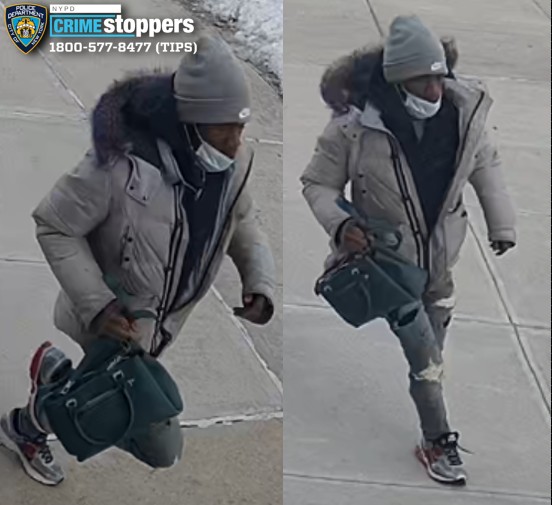Bill Targets Sex Misconduct In Schools
Mayor Michael R. Bloomberg, Schools Chancellor Dennis M. Walcott and State Sen. Stephen M. Saland announced new legislation to give school districts enhanced abilities to dismiss teachers who engage in acts of inappropriate sexual conduct against students.
Under the current law, outside hearing officers decide on these cases and impose binding penalties-including whether or not a teacher is fired. Districts are held to what the hearing officers decide. The reform- sponsored by Saland in the State Senate-amends New York State Education Law 3020-A so that school districts-and in New York City, the schools chancellor-have the final say on what action to take.
Hearing officers will submit their decisions to the school district for review, and the school district will make the final conclusion on the action to take. This approach is consistent with due process and disciplinary proceedings for nearly all other city employees and tenured employees will still retain the right to file an appeal with New York State Supreme Court under Article 78 of the State Civil Practice Law.
“If a school employee is found to have engaged in sexual behavior or made sexual comments towards students, the chancellor should have the final say on what action to take and the legislation we are proposing would provide that authority,” said Bloomberg. “Every child deserves a safe learning environment and every parent has the right to know that his or her child is safe while at school.”
“Our students deserve a safe learning environment and any process that puts student safety in the hands of an arbitrator instead of me is not a process that serves our children,” said Walcott. “This commonsense legislation takes the much needed step of allowing us the final say on whether these adults should be entrusted with the care of our students.”
Under current teacher discipline law, the Department of Education (DOE) has been prevented from terminating teachers in cases where the city’s own independent investigator found instances of inappropriate sexual conduct.
For example, the Special Commissioner of Investigation (SCI) found one teacher inappropriately touched a number of female students’ buttocks, breasts, waists, stomachs and necks. The DOE filed charges to dismiss the individual-the second such attempt.
However, the hearing officer determined that the individual hugged one student and hugged and tickled another on her waist, dismissing or withdrawing other all other charges. The hearing officer imposed a 45-day paid suspension and then permitted the teacher to return to the classroom. The DOE is now preparing to file new charges based on other allegations.
In another case, SCI found that an individual began an inappropriate relationship with a 15-year-old student, and took the student shopping, to the movies and talked extensively on the phone and was physically affectionate. The DOE filed charges to dismiss the teacher.
While the hearing officer found “an overly personal, ill-advised and unprofessional relationship” had been established, the teacher was given a $5,000 fine and permitted to return to the classroom.
In a third case, SCI found that an individual told a 17-year old student, “baby, when you turn 18 years old, you could come to my home and we can have a real party.” SCI also found that the individual showed a female student an image on his phone of a man and woman having sex. The DOE filed charges to fire the teacher.
Though the hearing officer found that the teacher did call the student, “baby,” all other charges were dismissed and a $1,500 fine imposed.
In still another case, SCI found an individual inappropriately touched several students and allowed them to sit on his lap, patted buttocks and hugged students. The DOE filed charges to dismiss the teacher, but the hearing officer only issued a formal reprimand and nothing more.
In May 2011, Walcott testified before the State Senate Education Committee and called on Albany to reform the teacher discipline process to make it fairer, more rational and consistent. The proposal announced today will help achieve that balance in cases of inappropriate sexual conduct, giving school districts the authority to make final disciplinary decisions.
Walcott recently enacted a series of personnel policy reforms enhancing the way in which employees and their disciplinary records are tracked. Principals will now have access to information about any employee who has been disciplined. Additionally, a newly formed Disciplinary Support Unit will provide support to schools ensuring appropriate action is taken after investigators determine employees have engaged in misconduct.


































